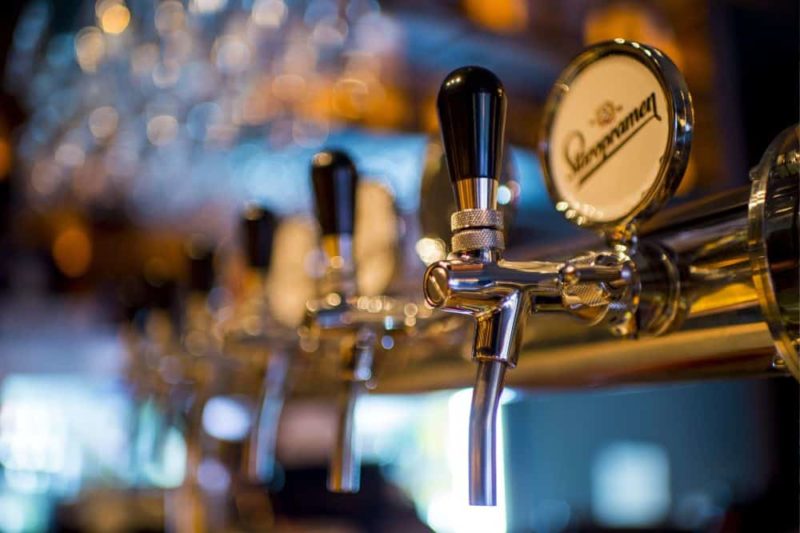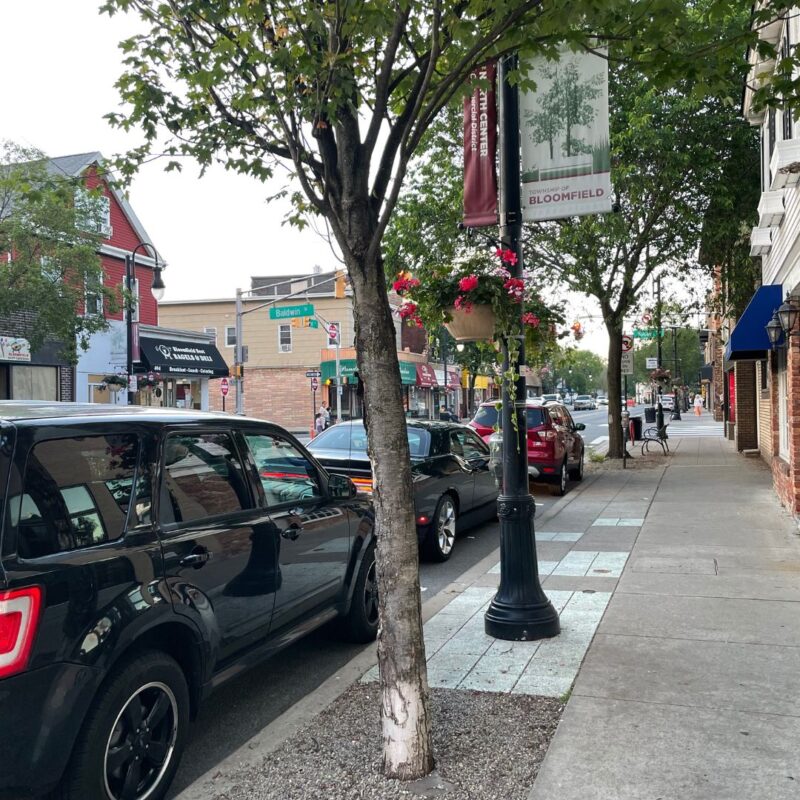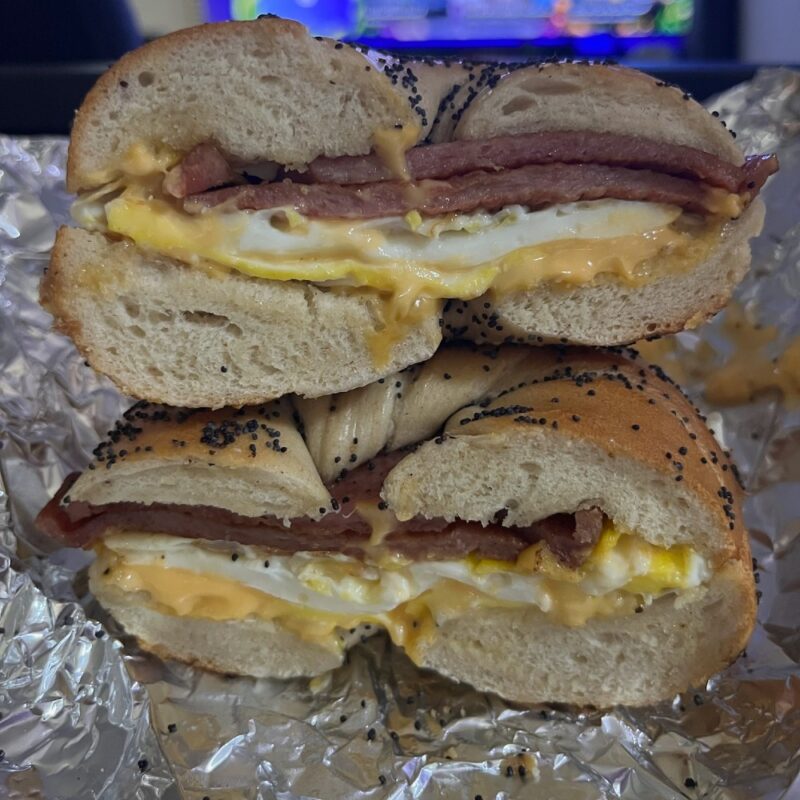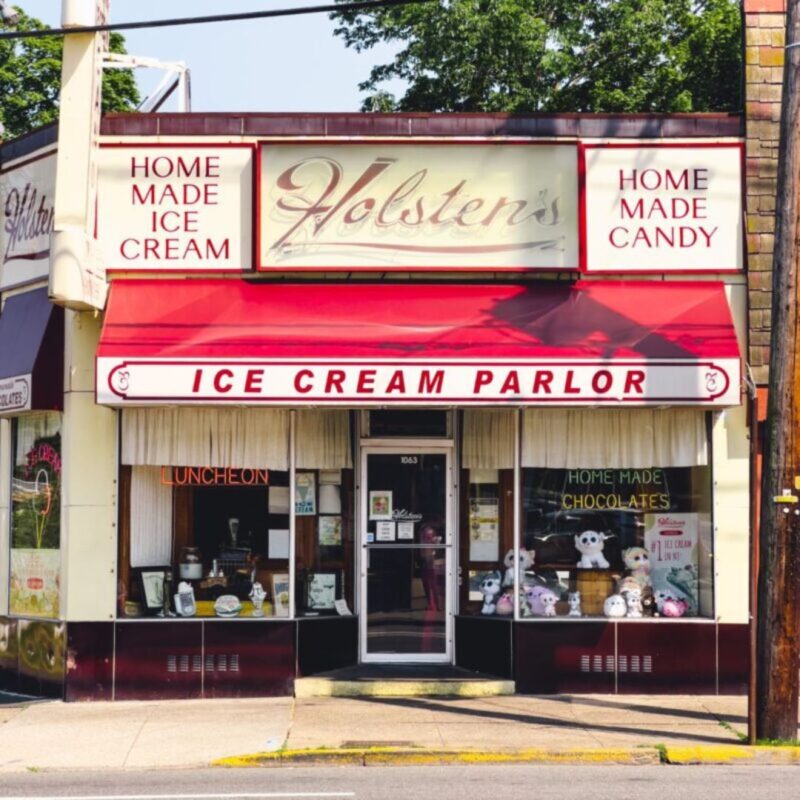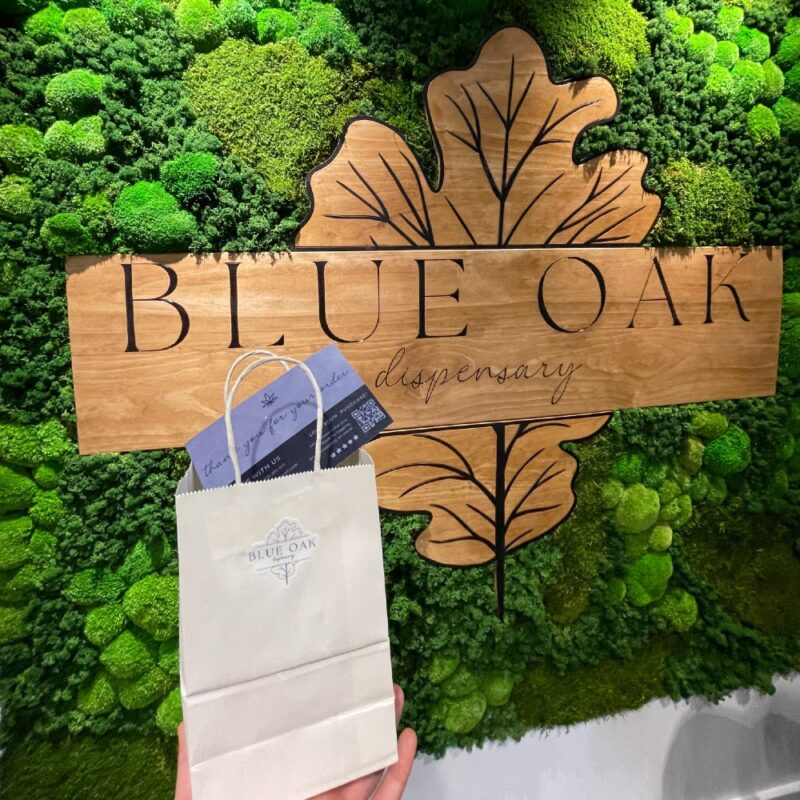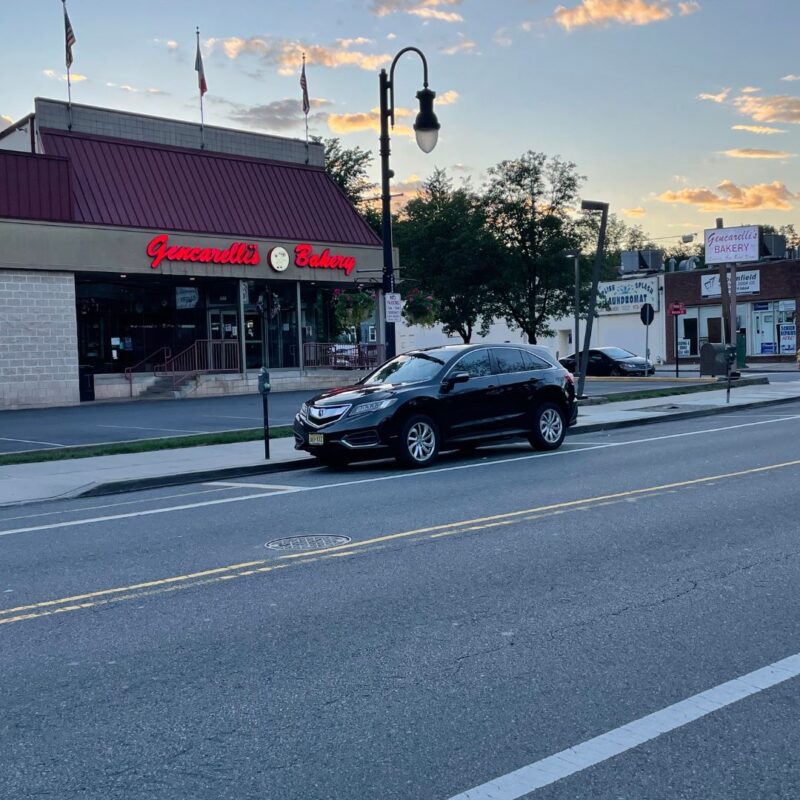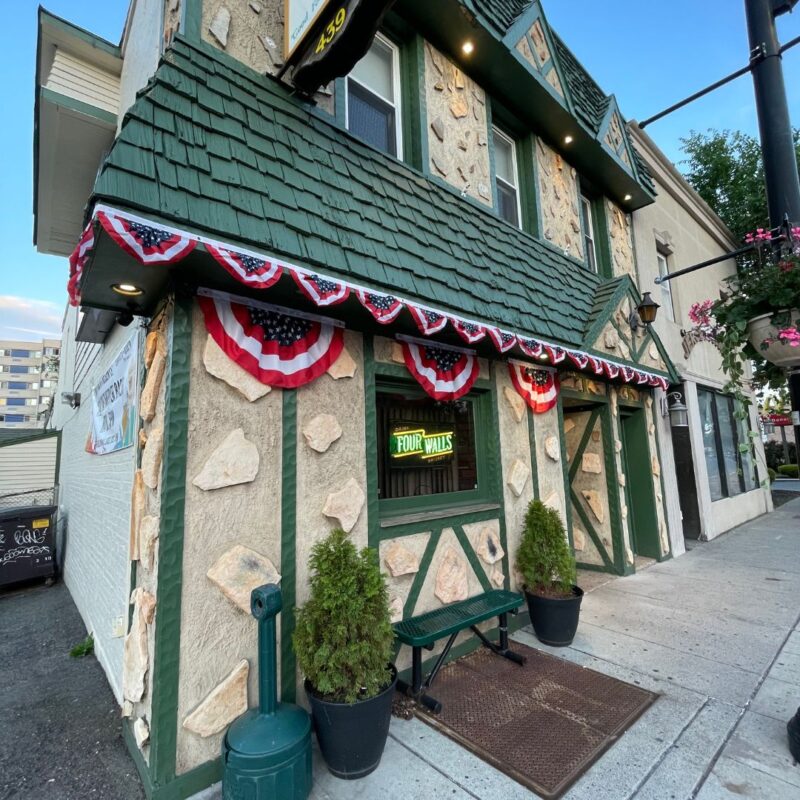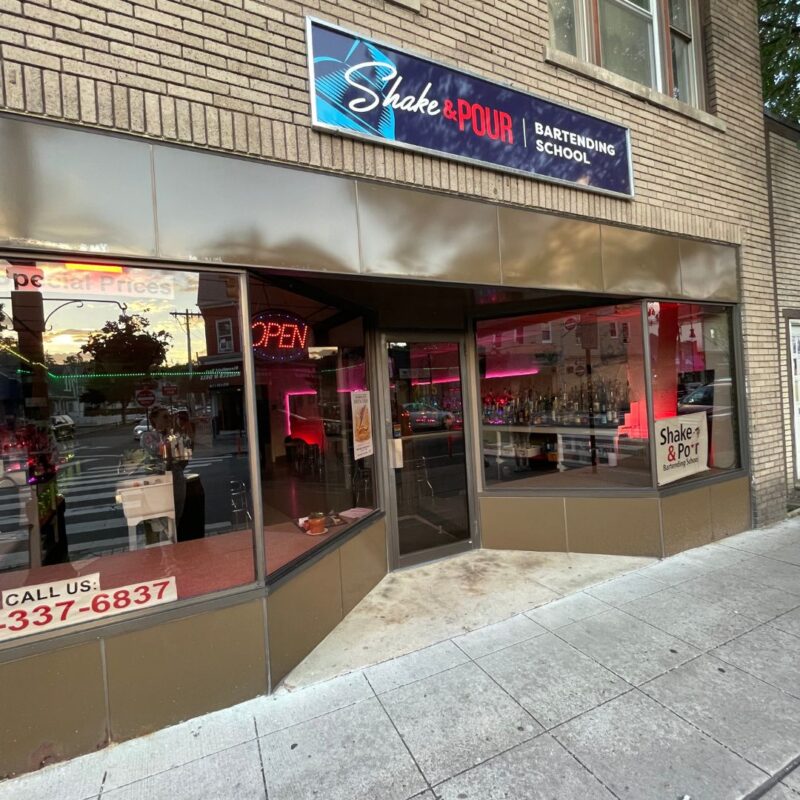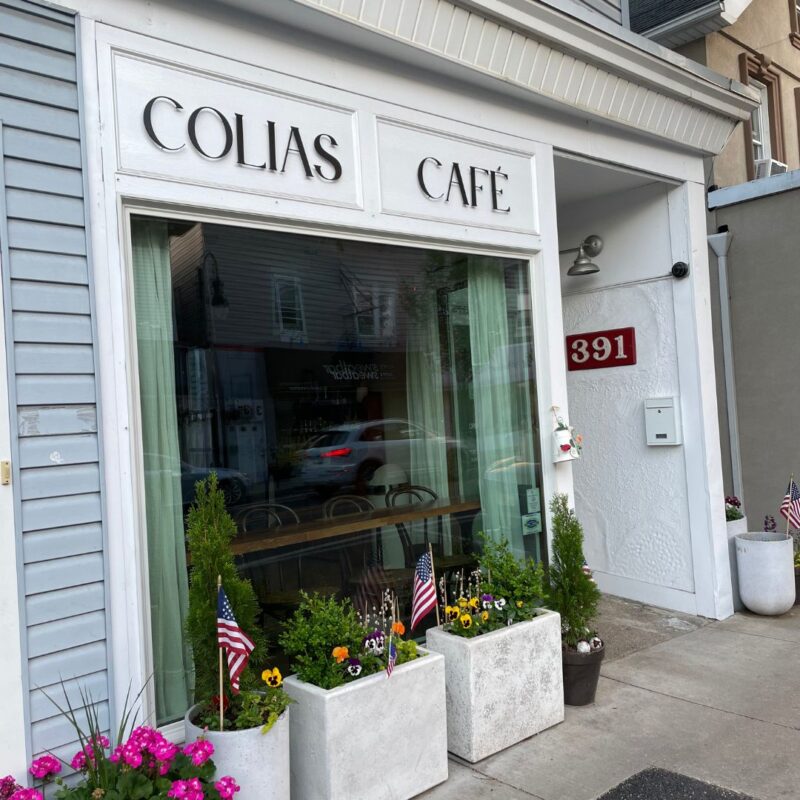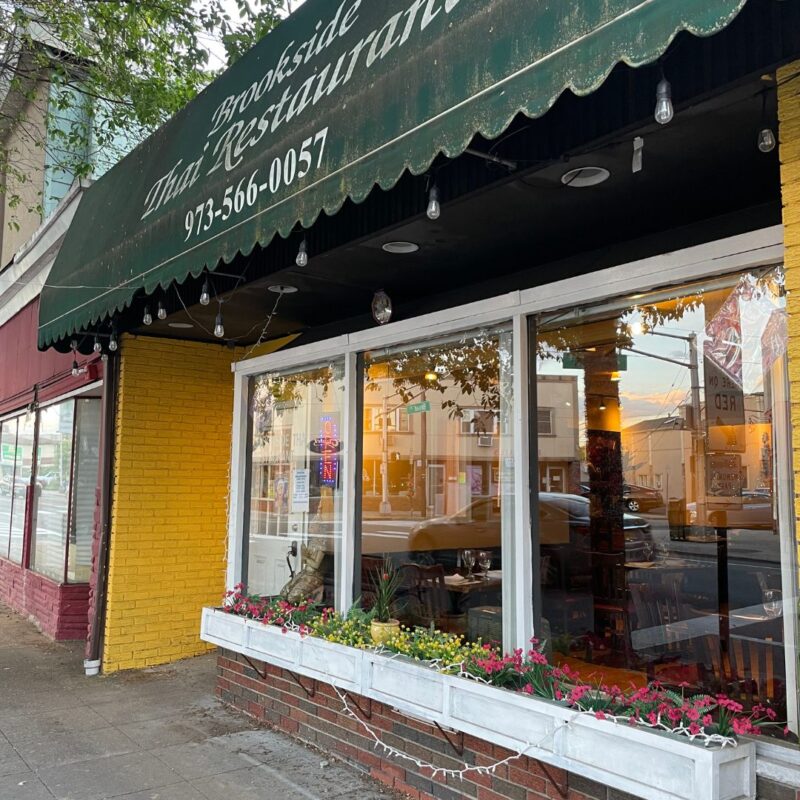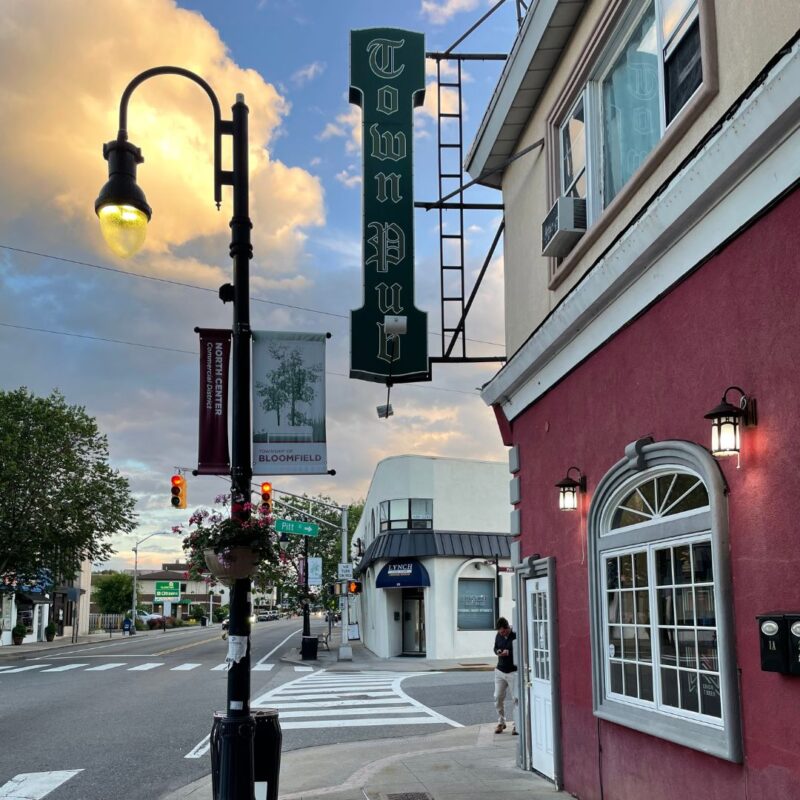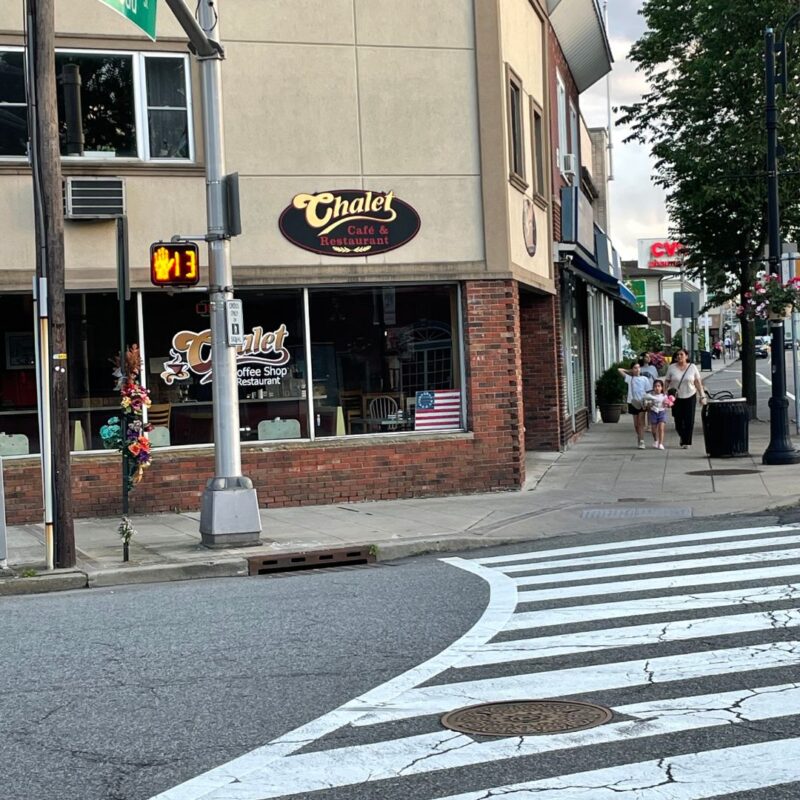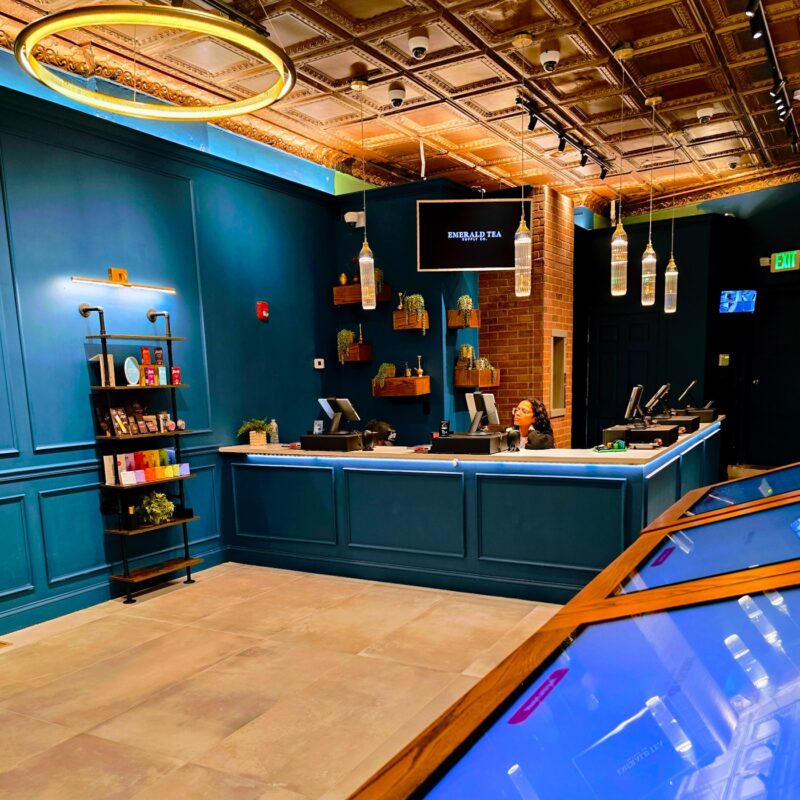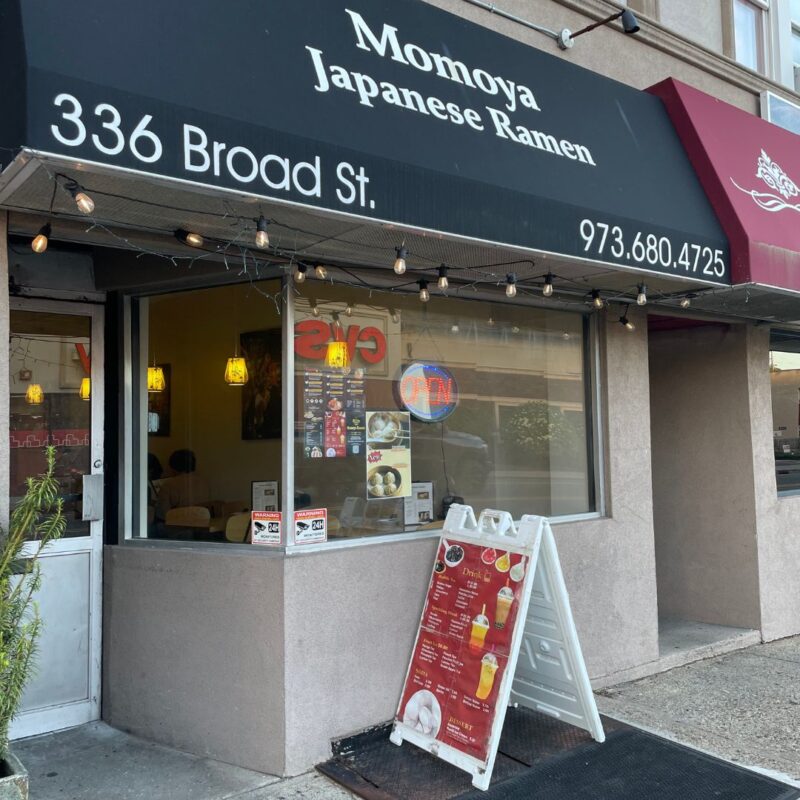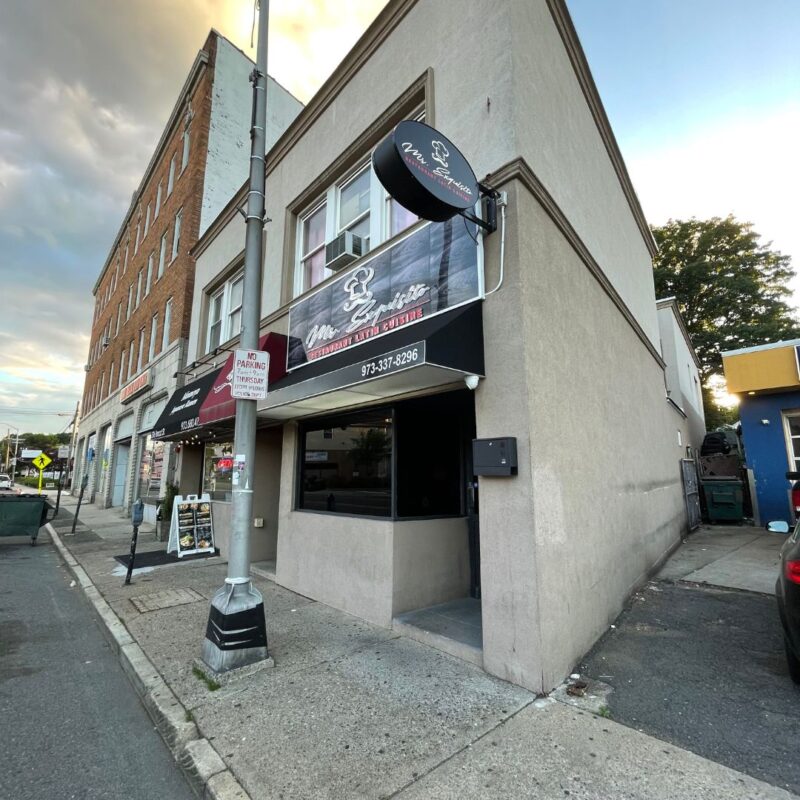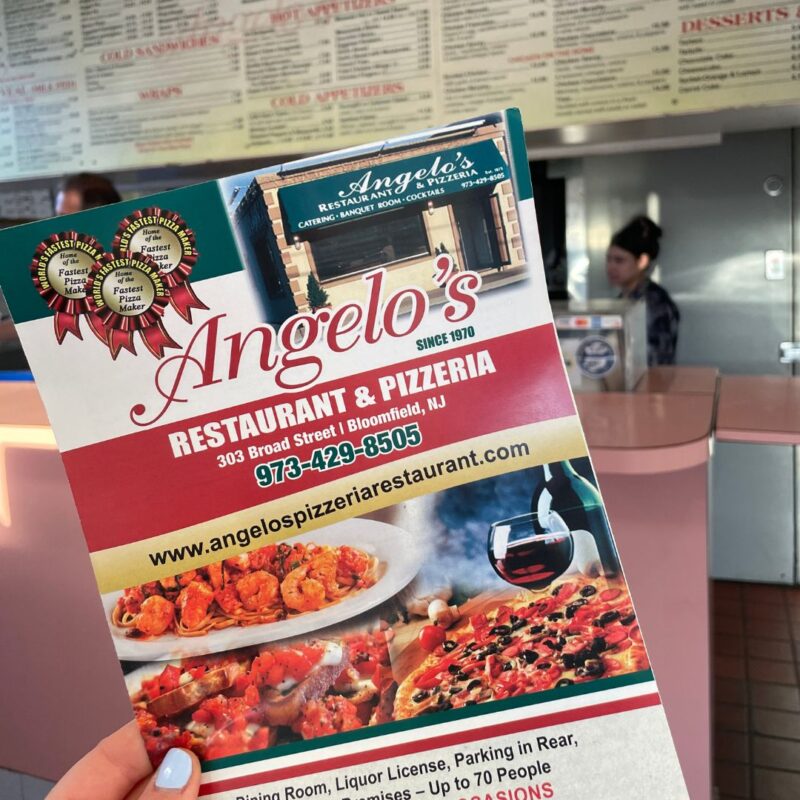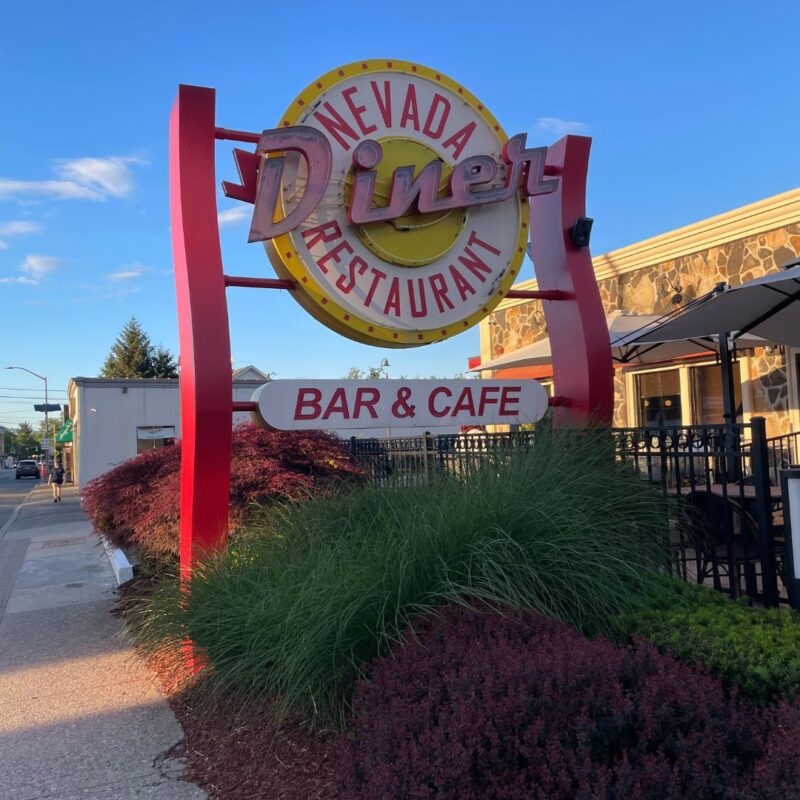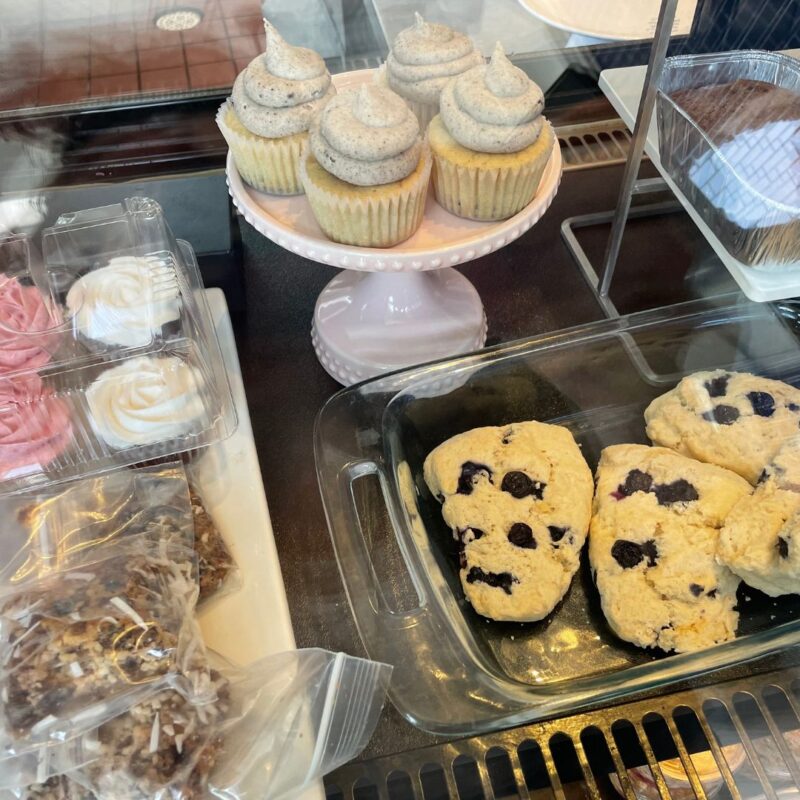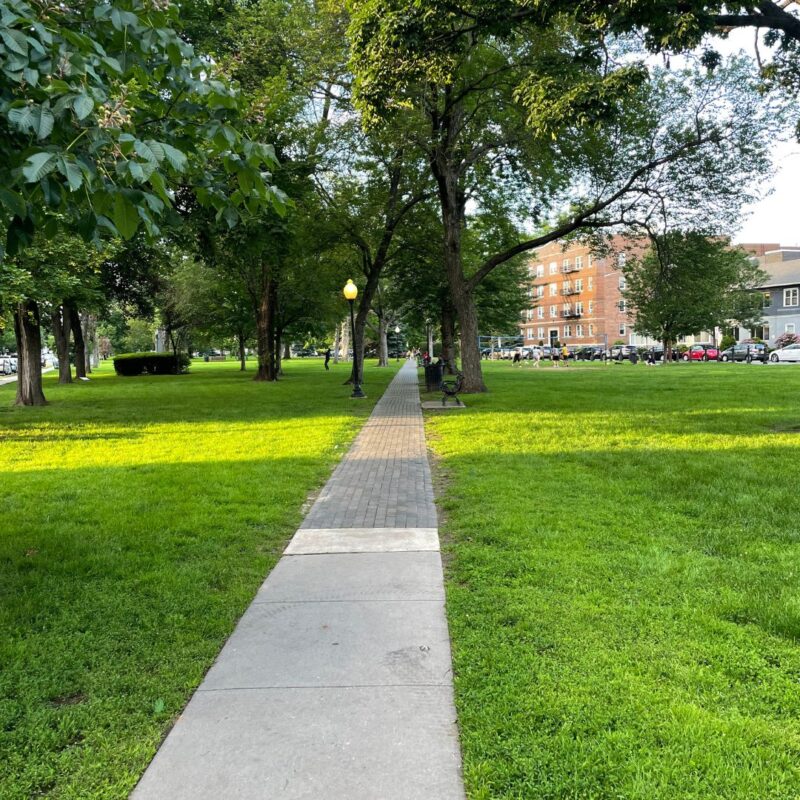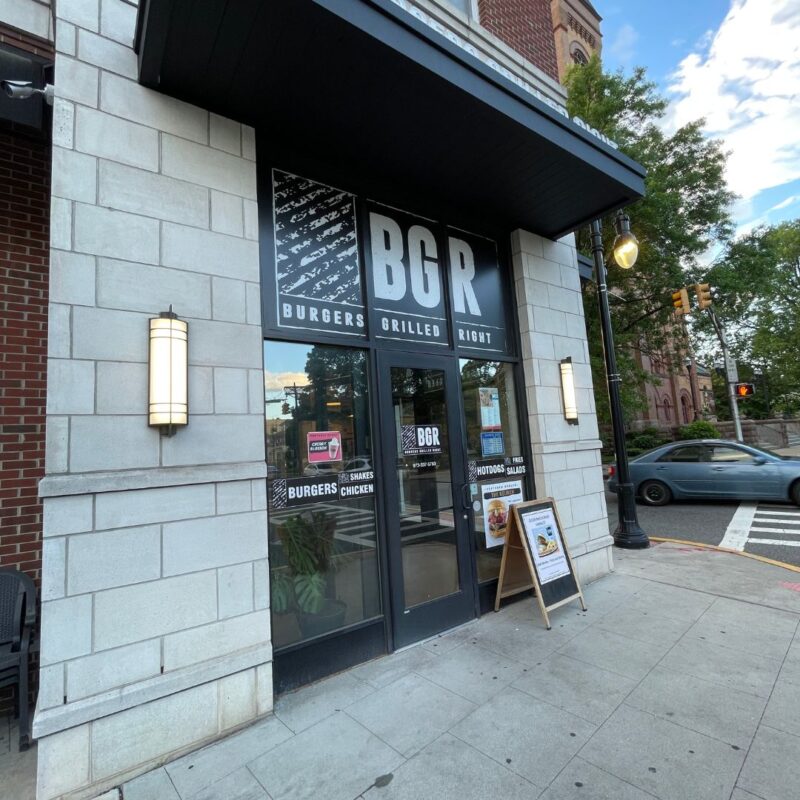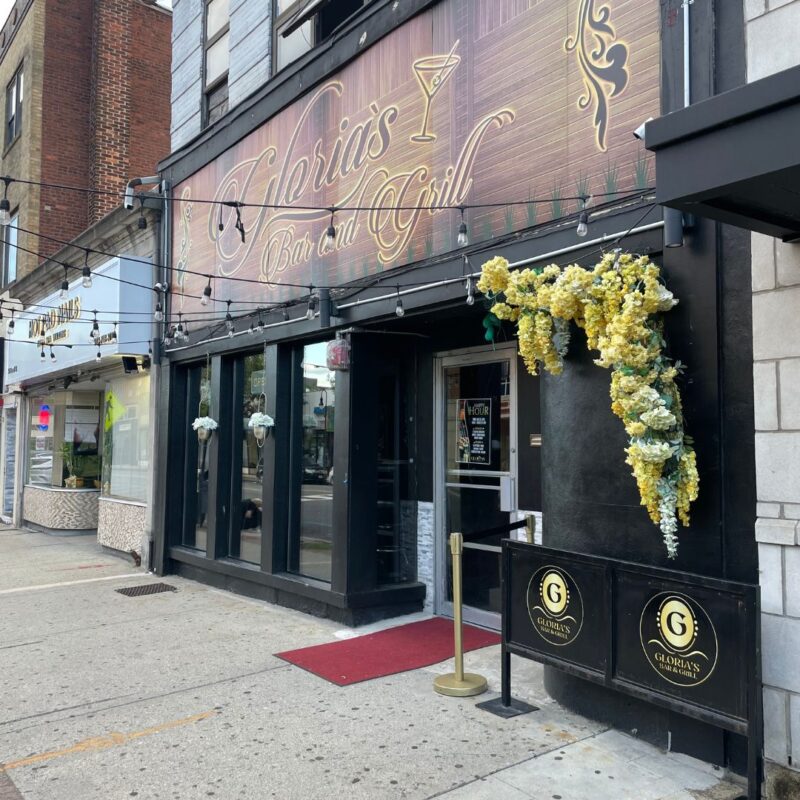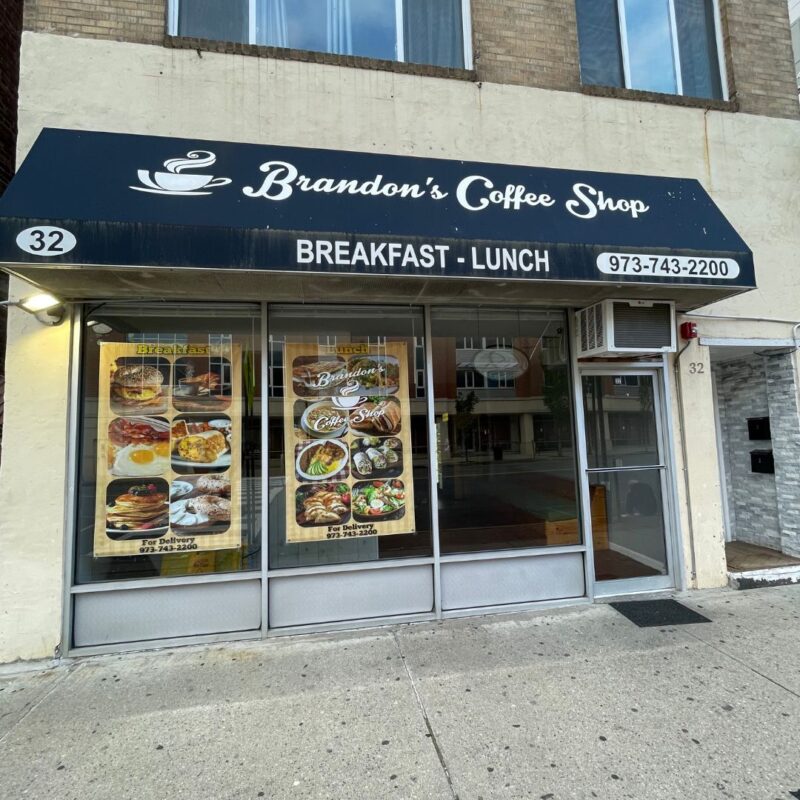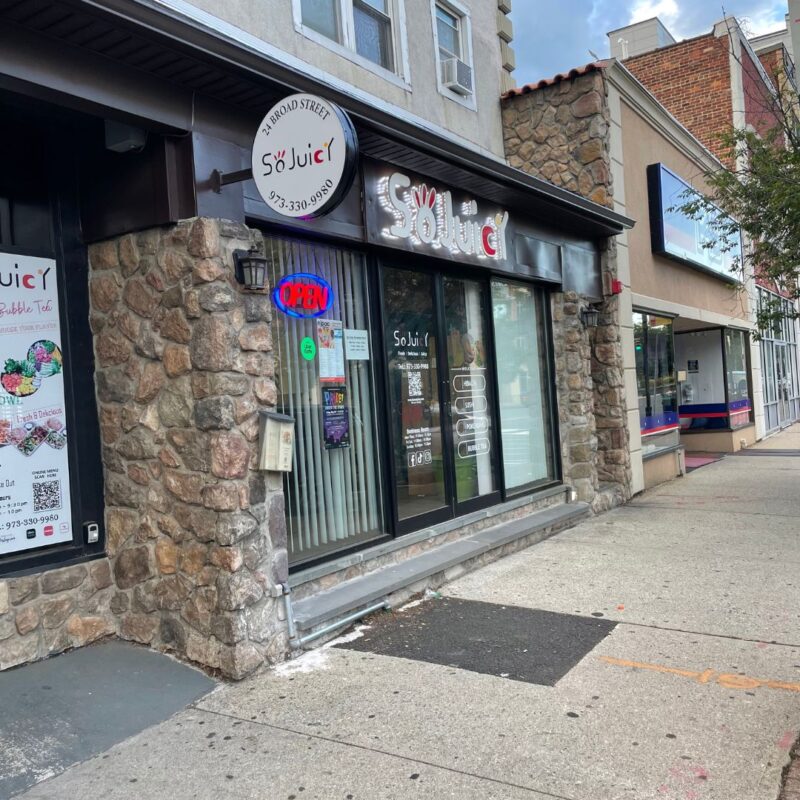A special ruling by the New Jersey Alcohol Control Board (NJACB) took effect July 1st 2022, frustrating local craft beer brewers across New Jersey. Brewers complain that the ruling unfairly limits their businesses, as many current activities at breweries would be banned under the new rule — including capping the number of live music performances, limiting the number of on-site special events, and a prohibition of food trucks on-site. In January 2024, a new law was signed that resolves those issues. Read on for The Montclair Girl’s conversation with brewers about the challenges presented by the 2022 ruling, and updated information about the 2024 law.
About the Ruling
In New Jersey, liquor licenses renew on June 30th of every year. In 2022, upon the renewal process, brewers were notified of a special ruling from the NJABC, Limited Brewery Special Conditions. While every brewery in the state was required to go through the permitting renewal process, not every brewery was notified about the change, says Brian Kulbacki of Departed Soles Brewing Co. “Some breweries received the notification and some didn’t,” he said. Further, the timing of the notification was challenging because of the July 4th holiday and state lawmakers’ summer recess. Few details were available in advance of its release, and the state legislature being adjourned means there is no opportunity for recourse until it reconvenes in the fall.
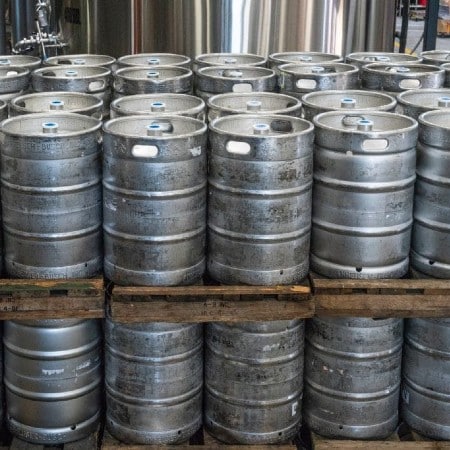
This ruling is only the most recent iteration of the same type of regulation that the NJACB has tried to pass before. In 2018 and 2019, a similar effort was made to curtail activities at breweries. There was incredible public backlash and the ruling was tabled by New Jersey Governor Phil Murphy. Critics say that this ‘new’ proposal has only one minor change, and that the majority of requirements will harm small businesses.
Read More: Montclair Brewery: A Place of Community + Delicious Beer
There are 18 new provisions in the special ruling that will impact New Jersey’s 141 breweries. Some had been on the books for a while but loosely enforced, while others are new. Some of the new requirements include a limit on private parties and special events hosted at the venue. Game watches and other sports and entertainment-related nights would count toward the venue’s total. Special events must be registered in advance through an online portal, including things like karaoke or trivia night. Breweries are limited in the number of community events they can participate in, such as 5K races or street fairs. Breweries also can’t promote events.
Critics say that the overall effect of these rules is to make taprooms operate more like a beer store than a bar or gathering place. Jersey City Councilman James Solomon said that the new rules harm small businesses, instead of making it easier for people to open and run them. “The businesses impacted are the kind we want more and more of in JC, not less.” He continued, “The state law only benefits a small number of bars and restaurants that already have liquor licenses.”
What Locals Say
Two local North Jersey breweries based in Jersey City, 902 Brewing and Departed Soles, have been actively involved in getting this rule repealed through the Brewer’s Guild of New Jersey.
Brian Kulbacki of Departed Soles Brewing Co. said that his brewery has been in operation for eight years and open to the public for seven. “In 2018 when this first happened, it was terrible, and not every brewer in New Jersey was in agreement,” he said. “Now, all throughout the state, everyone is aligned on how bad these rules are for breweries. From the biggest to the smallest, everyone is speaking out.” He went on to say how these new rules specifically target how breweries interact with their communities. “I have always said that craft beer is about community. No brewery will survive without the local community, town, country,” he said. “We operate as community centers, we rely on the community, [we’re] very active in supporting and giving back to the community. We host comedy night, live music, charity events, and make collaboration beers with small businesses in the neighborhood. The community is critical to our success.”
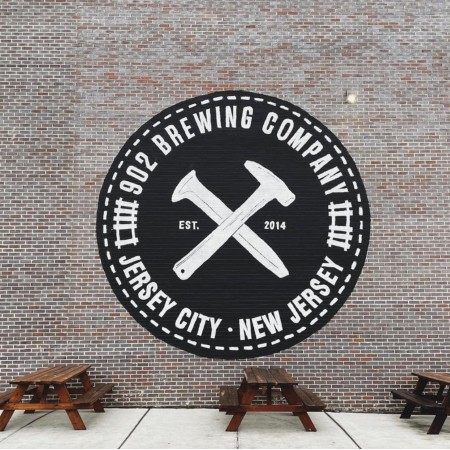
Colby Janisch from 902 Brewing echoed the sentiment. “The brewery puts a lot of money back into the community by supporting local arts and music,” he said. “We want to build the relationships with other small businesses but this rule would limit that.” Colby pointed out two of the structural issues with the new law: the first is a licensing schema that pits restaurant and bar owners against breweries; the second is the licensing schema that puts an artificial value on the liquor licenses that a bar or restaurant must get to be able to operate.
See More: A Guide to Hoboken Bars with Theme Nights, Games, + More
The complicated setup of New Jersey’s liquor laws and licenses is also something that Brian from Departed Soles mentioned. Different kinds of businesses are required to have different types of permits, which vary in cost and scope with what the business is allowed to do. An unfortunate outcome of the conversation about limiting beer brewery’s operations is putting restaurant and bar owners against brewery owners. If customers can get food, enjoy live music, watch sports, and do all of the other things that patrons would typically enjoy at a restaurant but at a brewery, it could cut into the restaurants’ business. Councilman Solomon said that he was approached by Brian with Departed Soles asking for help to fight this law. He said, “Once I did my research, I realized this is an absurd rule to restrict competition, and I would be happy to help out.”
Brian said, “People think that the breweries pay next to nothing for their liquor licenses, which isn’t true.” He continued, “The initial costs are small compared to other types of licenses, but the permits renew annually, and between other fees and taxes, breweries end up spending a ton of money over time. Breweries have to pay for things that restaurants don’t. So while the initial costs are different, over time the accumulated fees and costs far outweigh the liquor license cost.”
Colby said that his brewery has good relationships with the restaurants near the brewery. “We’re all friendly with each other, and we help each other,” he said.
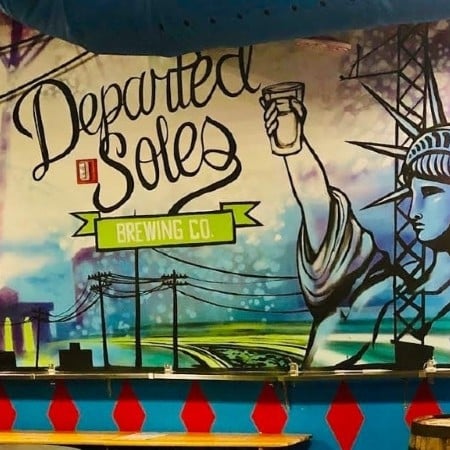
Then, there are the problems with the license itself. Brian said that “it’s not the ACB’s job to protect the value of a liquor license.”
Colby added, “The ACB’s mission statement is to regulate the manufacture, sale, distribution and storage of alcoholic beverages. This stuff is out of scope.” Colby went on to say that the liquor license laws are antiquated and that the schematic governing the licenses has devolved into a third-party resale market. “It costs $500,000 to $1 million to get a liquor license,” he said. “The number of licenses is limited based on the population of the community, so you have to find someone in your town who has one and buy it from them.” Because of this, an unregulated market has emerged, and many business owners find themselves heavily leveraged against the license. “The license has become something to protect, because people borrow against it,” he said. “If for some reason this would be regulated or changed, a lot of people would quickly be bankrupt.”
What’s Next
In January 2024, New Jersey Governor Phil Murphy signed new legislation that resolves this issue for craft breweries and other issues related to the state’s process for issuing liquor licenses. The legislation, (S-4265/A-5912) is being called the most significant reform of the state’s liquor licensing laws since the end of Prohibition. In a press release, Governor Murphy said “For the first time in nearly a century, New Jersey has shown the fortitude to tackle an age-old problem that has stifled economic growth and hampered the dreams of countless small business owners,” he continued. “We knew this wasn’t going to be an easy lift – nothing that has been entrenched for nearly a century ever is. Together with our partners in the Legislature, we are laying new ground rules to help our breweries and distilleries flourish at the same time creating new opportunities for smaller and more diverse mom-and-pop establishments to set up shop or expand in New Jersey and help transform our downtowns.”
The new law also permanently eases restrictions that have stifled breweries, distilleries, cideries, and meaderies. According to a press release, the law eliminates the long-standing burden that required these establishments to provide tours of the premises to patrons, while also allowing them to:
Offer snacks and other non-alcoholic beverages;
Collaborate with outside vendors including food trucks;
Host unlimited onsite events and private parties, including birthdays, weddings, anniversaries, and civic and political functions;
Host up to 25 off-site special events; and
Participate in up to 25 events hosted by the holder of a social affairs permit.
The bill also increases the number of barrels that may be manufactured per year from 10,000 to 300,000 and allows license holders to directly sell and distribute 50 percent of the beer that is produced on premises in each year to retailers, rather than having to rely solely on wholesalers.
The bill also establishes a new farm-brewery license that would permit the licensee to produce malt alcoholic beverages for retail sale to consumers for consumption off the licensed premises.


